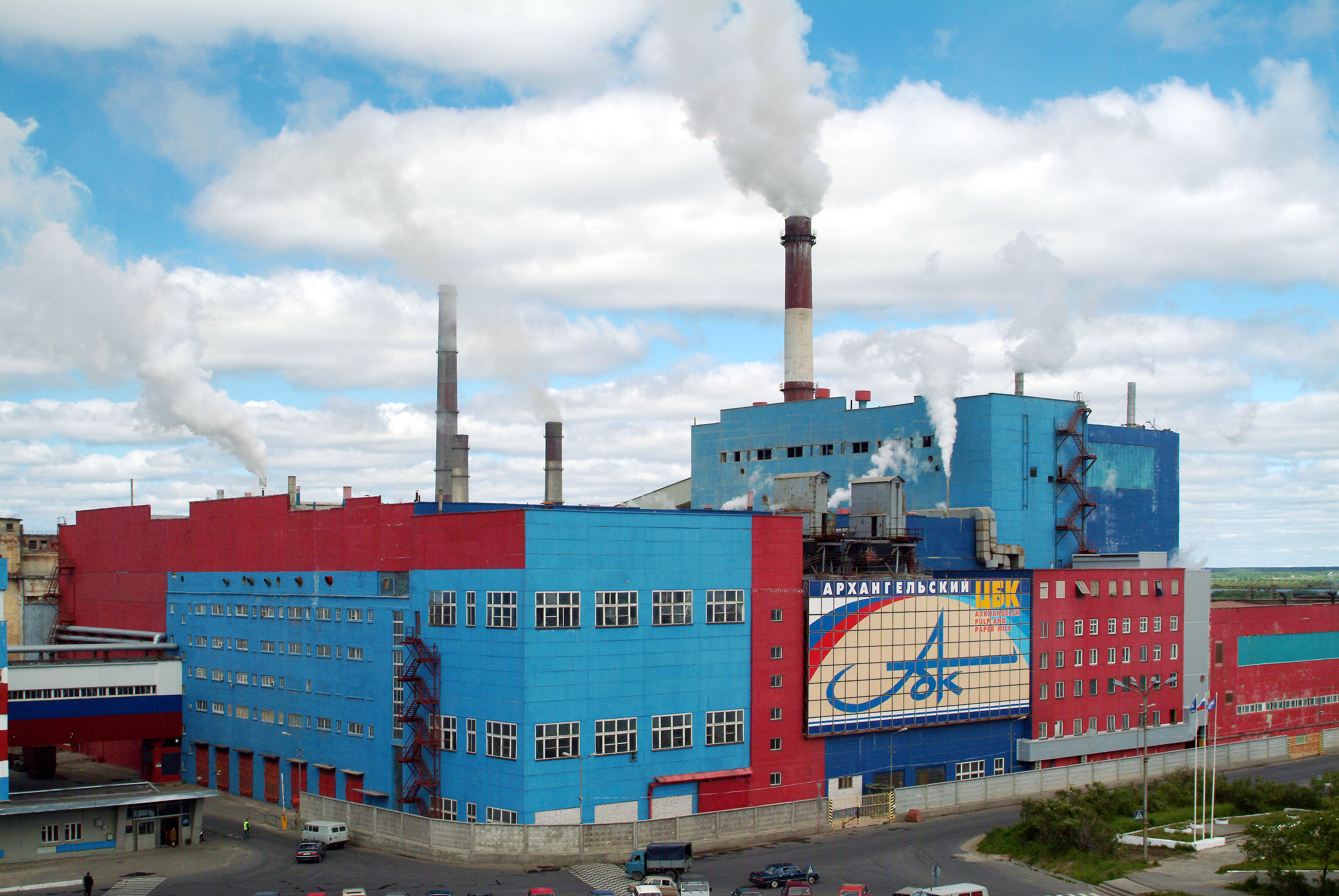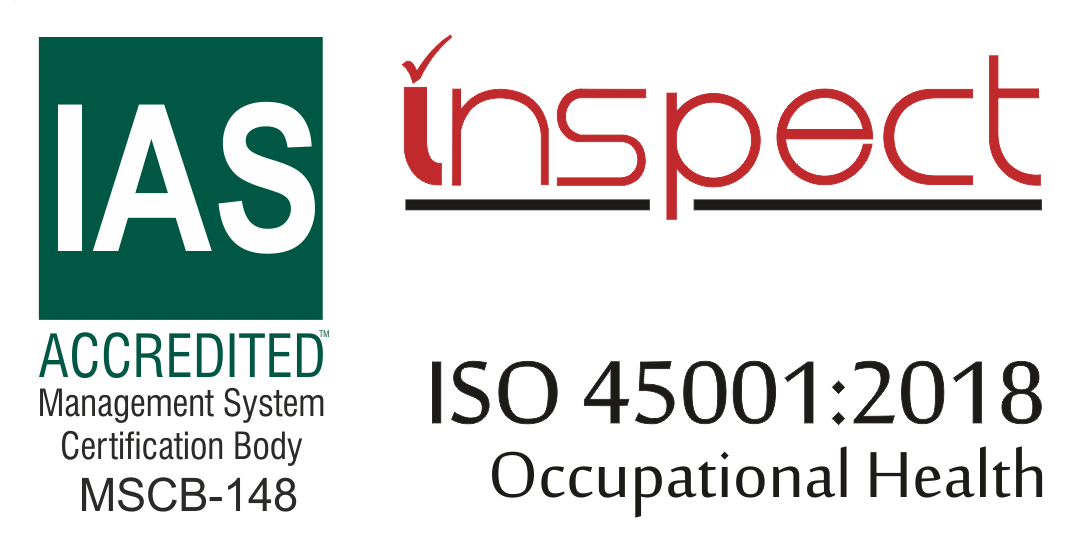Forest Industry Innovation Cluster "PomorInnovaLes" organized the Forest Scientific and Educational Track "Forest Industry: Present and Future". The event included five roundtable discussions dedicated to the most significant for the industry themes that provided an opportunity to determine the priority areas for the Arkhangelsk forest industry development.
The first roundtable was dedicated to the lean economy issues to exchange best companies and institutions' practices in the field of lean manufacturing, labor productivity enhancement and operational efficiency.
The roundtable was attended both by the representatives of small and medium enterprises and by the representatives of big business, professional, scientific and educational organizations, including the Group of Companies Titan, SKV-Company LLC, Federal State-Funded Institution Arkhangelsk CSM, ALVIZ JSC, Kotlalesstroy LLC, Prichal LLC, etc.
The event resulted in the inclusive dialogue on the need to involve regional business under the auspices of PomorInnovaLes in the implementation of the national project "Labor Productivity and Employment Promotion”.
The expert of the Otkrytie Bank Business Process Center Andrey Druzhkov and the chief expert of the National Research University Higher School of Economics Sergey Lokhanov demonstrated to the participants the best practices for implementation of projects to improve operational efficiency, showed typical mistakes when implementing lean manufacturing tools and creating digital enterprises.
In particular, it was noted that the basic principles of lean manufacturing include tools for the implementation of labor productivity enhancement project at an enterprise, LEAN Concepts that expect the business sector to use minimum amount of resources required for the supply of high-quality products or services with minimal costs "on time". The implementation of the concepts is aimed at the labor productivity enhancement, service rate increase, high product quality maintenance, etc.
Among the basic principles of lean manufacturing, the experts also named operations management aimed at satisfying financially reliable customers through the matching supply with demand and analyzing best practices for the use of lean manufacturing tools at the Russian industrial enterprises, as well as digital transformation of enterprises.
To stimulate the participation of industrial enterprises in the implementation of the national project "Lean Economy", the state has provided financial support for the labor productivity enhancement. The terms of financing for the project participants are as follows: the company's revenue must be from 0.4 to 30 billion rubles per year; the share of foreign countries' tax residents in the authorized (joint-stock) capital of a legal entity must not be higher than 25%; an enterprise must be a part of priority industries, including manufacturing; only regional enterprises included in the regional program can be financed; there are restrictions on the use of the financial resources provided (construction and major repairs of buildings, acquisition of raw materials and resources for the production of commercial batches of products, etc.).
The roundtable also presented the best practices of lean manufacturing tools implementation at the wood enterprises in the Arkhangelsk region.
In particular, the Group of Companies Titan presented its case of logging processes optimization where the major step was introduction of Lean Production system in the holding’s logistics. This way, the Group has been optimizing its logging processes for several years.
SKV-Company LLC shared its experience of using Lean Manufacturing tools, in particular, introduction of a one-piece flow and implementation of its own sawmill into the production chain that ensured noticeable economic benefits.
In his presentation, the representative of the Northern (Arctic) Federal University named after M.V. Lomonosov told about the experience of the North bioresources using, including the example of the sustainable use of forest resources in Sweden, USA and Canada. According to the NArFU scientists, the major trends of pulp and paper production technologies are the use of non-woody vegetable feedstock, increase of waste paper use, increase of fillers and colorants content in printing paper composition, a significant growth of auxiliary chemical agents (ACA) importance that allows to increase paper machines rate and to give special properties to papers, increase of enameled types of paper and board output, a possibility for gluing in neutral and weakly alkaline medium, decrease of square meter weight and increase of water circulation.
In the final recommendations, the participants of the roundtable noted that lean manufacturing tools are applicable to all companies independently of their size, form of ownership and type of activity. The main results of lean manufacturing implementation, in whole or in part, by the entrepreneurs of the forestry sector will be a reduction in losses, quality improvement of the output products, increase of equipment efficiency, an increase of labor productivity and, consequently, an increase of the company's competitiveness at the market.
However, these results will allow optimizing material resources, timing budget and financial resources, avoiding the fluctuation of personnel and increasing the viability of the forest enterprises. Upon detection of the released material and labor resources, entrepreneurs can lease production facilities and transport, perform individual work under subcontractor agreements, provide storage services, etc.
During the roundtable meeting, its participants specified new opportunities for logging companies to increase the efficiency of use of the existing resources, infrastructure, capital assets, arrangement of new facilities related to the resources processing harvested contiguously with timber harvesting, for example, with the collection and processing of non-timber forest resources, such as birch bark, bark, greens (needles, leaves, sprouts, etc.). At the same time, small enterprises or individual entrepreneurs can use the infrastructure of large forest users (forest roads, base camps, fuel and lubricant warehouses, routes of personnel and timber transportation) in the remote harvesting areas for the collection and processing of wild harvests and non-timber forest resources.
It is worth noting that the collection of forest products occurs mainly in autumn. At this time, logging is usually limited due to weather conditions and the use of standby logging infrastructure by small and medium enterprises will favorably affect its financial figures. In addition, employees not involved into the main harvesting process can harvest the non-timber forest resources for small enterprises and individual entrepreneurs under the contracts.
During the implementation of lean manufacturing at the pulp and paper enterprises, it is necessary to create sections for the production of new products types from main production wastes based on biorefining. For example, Technoservis, a company of Forest Industry Innovation PomorInnovaLes, uses the wood ash obtained during the burning of wood waste and sludge deposits at Arkhangelsk PPM to produce valuable organic fertilizers that are in demand in agriculture and forestry to increase the soil quality. The next step is to obtain turpentine from the APPM wastes.
Therefore, the creation of small enterprises for the production of new products types from wastes or subquality products of large P&P and woodworking enterprises is a reality.
Note
The constitutive meeting of the cluster "PomorInnovaLes" participants was held on 25 September, 2014.
The Order on the creation of Forest Industry Regional Innovation Cluster was issued by Igor Orlov, the Arkhangelsk region Governor, on 25 November, 2014.
The Association "Forest Industry Regional Innovation Cluster of the Arkhangelsk Region "PomorInnovaLes" was registered on 25 March, 2016.
The cluster "PomorInnovaLes" includes 43 participants, including logging and woodworking enterprises of the region, educational and scientific institutions, and transport and energy infrastructure companies in the region.
The main bodies of the cluster are Arkhangelsk PPM JSC, GC Titan, Sawmill 25 CJSC, and Arkhangelsk Plywood Factory JSC.




